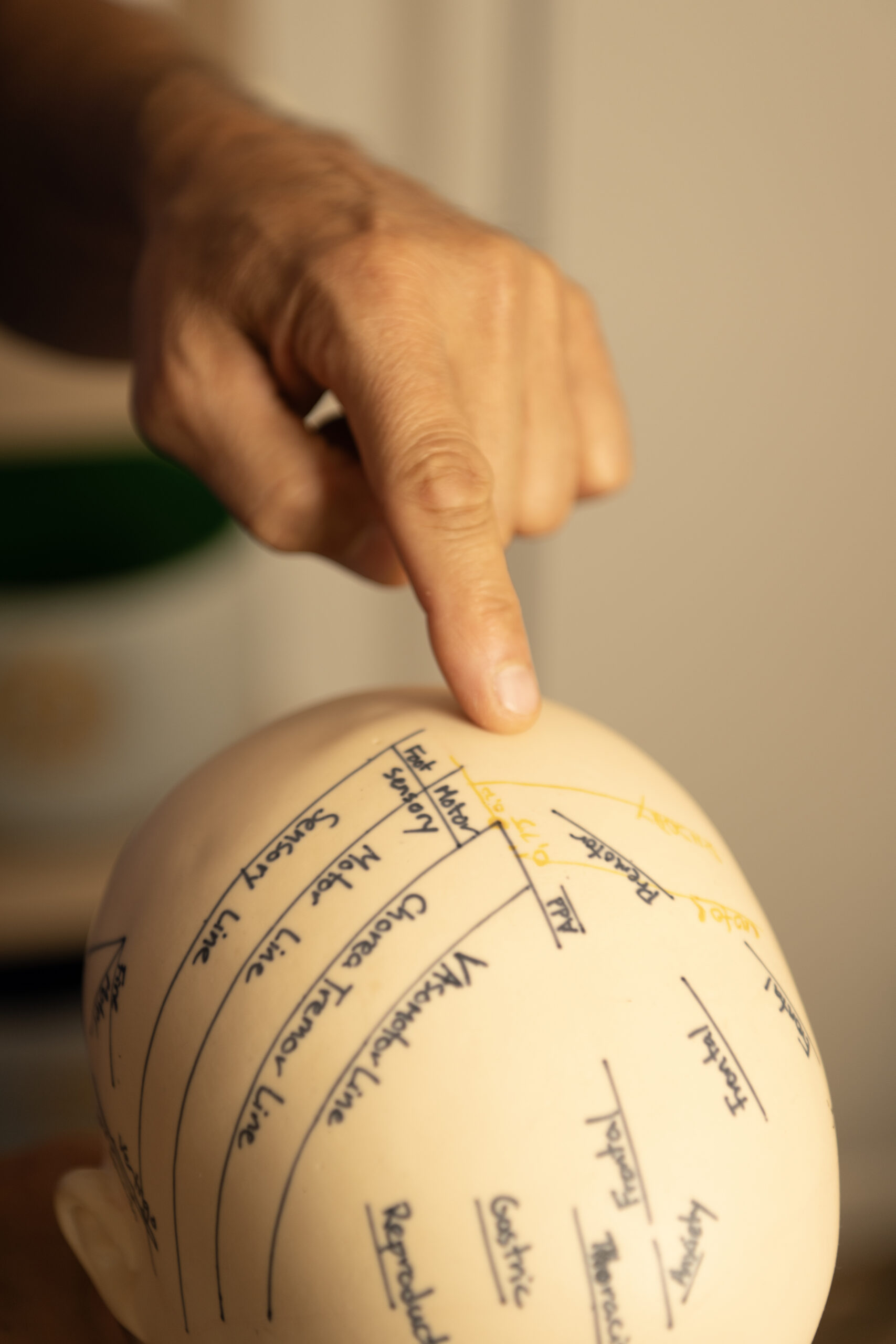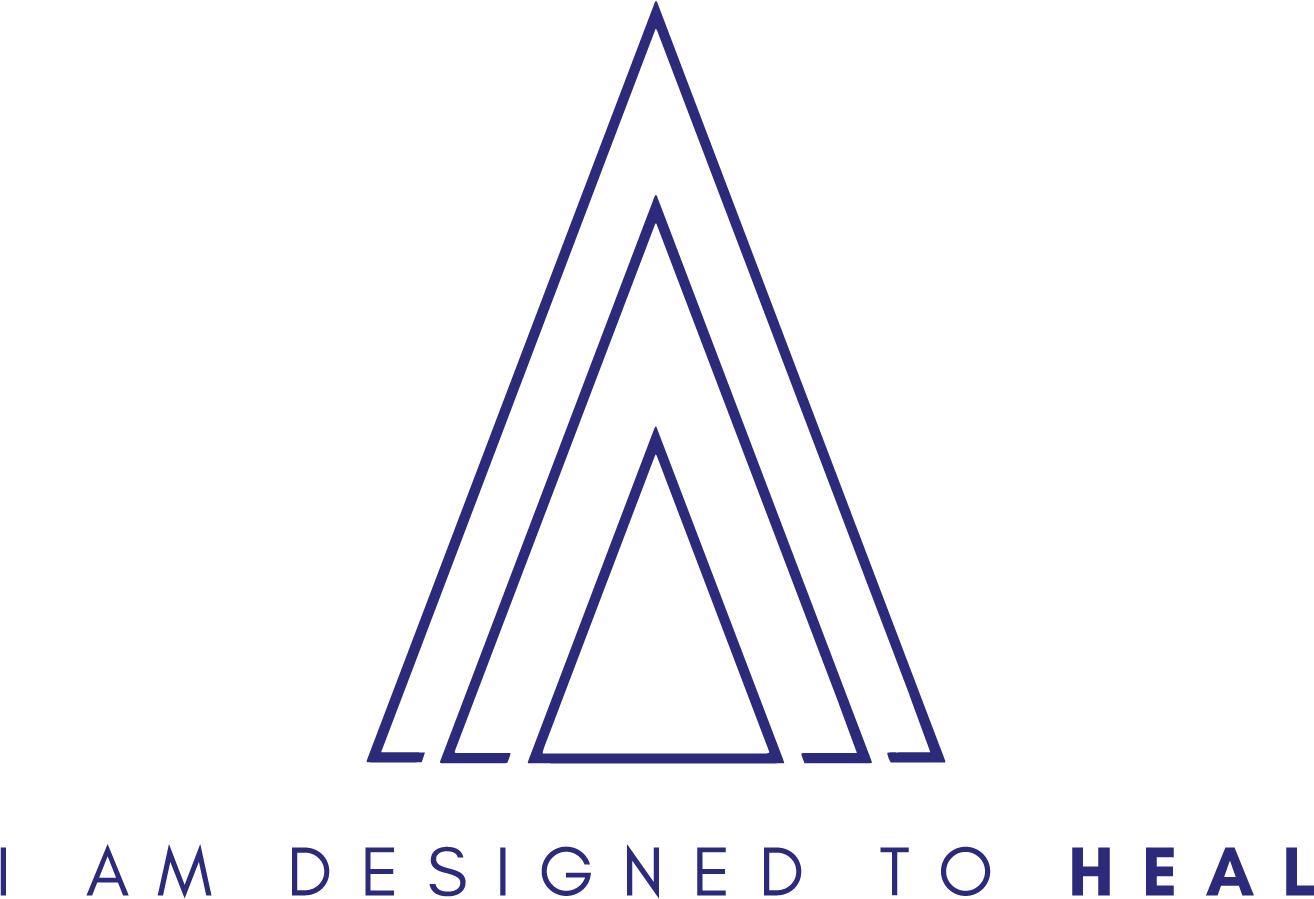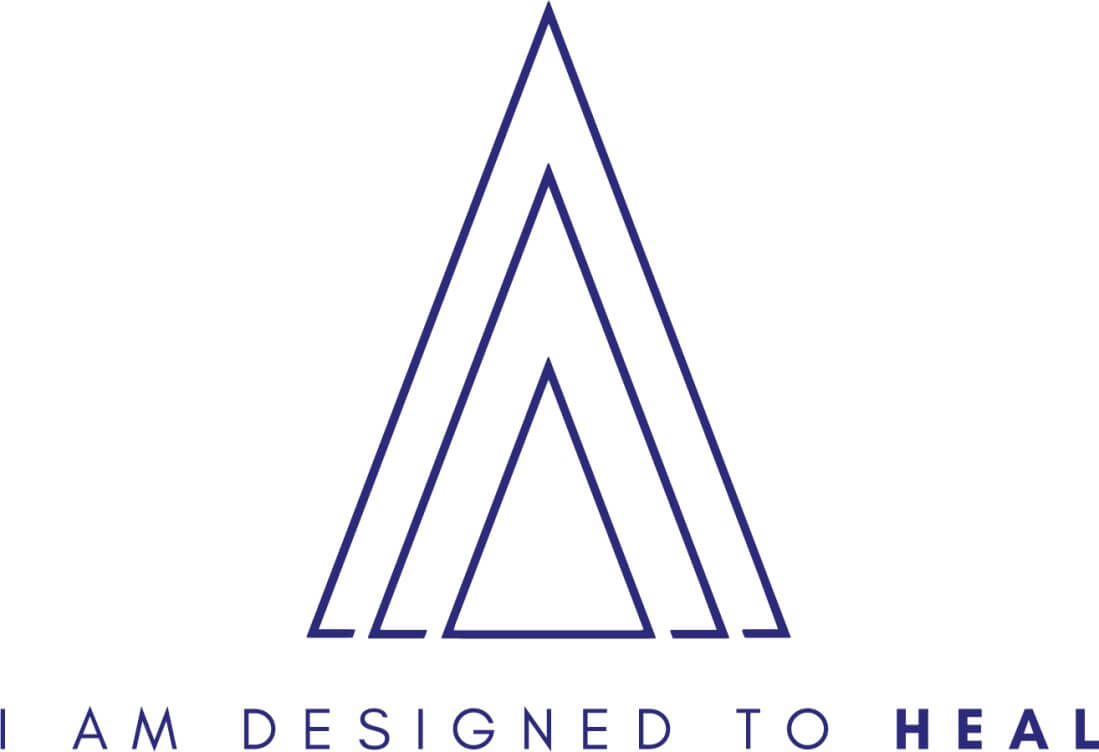
11 Sep How Regular Neuroacupuncture Supports Healthy Brain Aging
Embracing Healthy Brain Aging with Neuroacupuncture in Naples, Florida
Aging gracefully involves more than just staying physically fit; it also means keeping your mind sharp and emotionally balanced. Neuroacupuncture, a promising therapy that merges traditional Chinese medicine with modern neuroscience, offers a unique way to support healthy brain aging. By targeting specific brain areas and the nervous system, neuroacupuncture helps maintain mental agility and resilience. Let’s dive into how regular neuroacupuncture sessions can benefit your brain, enhance cognitive function, reduce inflammation, and support overall mental health.
What is Neuroacupuncture?
Neuroacupuncture involves placing very thin needles on the scalp, targeting specific brain regions associated with memory, motor skills, and emotional regulation. Imagine it as a workout for your brain, gently nudging it to function at its best. This specialized approach combines the wisdom of traditional Chinese medicine with insights from modern neuroscience to boost brain health.
How Neuroacupuncture Supports Healthy Brain Aging
- Boosts Neuroplasticity and Cognitive Function
Neuroplasticity is the brain’s incredible ability to adapt and form new neural connections throughout life. This flexibility is crucial for learning, memory, and recovery from injuries. However, as we age, our brain’s plasticity naturally declines, making it harder to learn new things and recall memories.
Neuroacupuncture stimulates areas involved in learning, memory, and executive functions, enhancing neuroplasticity. This can help keep your brain flexible and sharp. Studies have shown that neuroacupuncture can improve cognitive function in individuals with conditions like Alzheimer’s and Parkinson’s. For example, research published in the Journal of Alternative and Complementary Medicine found that neuroacupuncture significantly improved memory, attention, and problem-solving skills in elderly patients.
- Reduces Neuroinflammation
Chronic inflammation in the brain is a major factor in cognitive decline and is linked to conditions such as Alzheimer’s. Neuroinflammation accelerates brain aging, leading to memory loss, confusion, and mood changes. Neuroacupuncture helps reduce this inflammation by modulating the immune system and decreasing inflammatory markers.
A study in the Journal of Neuroinflammation highlighted that neuroacupuncture significantly reduced inflammation in patients with cognitive impairment, creating a healthier brain environment and potentially slowing the progression of neurodegenerative diseases.
- Improves Cerebral Blood Flow
The brain needs a steady supply of oxygen and nutrients, delivered through blood circulation. As we age, reduced cerebral blood flow can impair cognitive abilities. Neuroacupuncture enhances blood flow to specific brain regions, supporting memory and cognition.
By targeting scalp points that influence circulation, neuroacupuncture boosts blood flow and helps clear metabolic waste. A study in Frontiers in Neurology found that neuroacupuncture improved cerebral blood flow and cognitive function in elderly patients with vascular dementia.
- Balances Neurotransmitters
Neurotransmitters are brain chemicals that regulate mood, memory, and cognitive function. Imbalances in neurotransmitters like dopamine and serotonin can contribute to depression, anxiety, and cognitive decline. Neuroacupuncture helps restore balance by stimulating brain regions involved in neurotransmitter production.
This balancing effect can improve mood, reduce anxiety, and support cognitive function, leading to better focus, sleep, and overall mental well-being. Research indicates that regular neuroacupuncture sessions enhance neurotransmitter release, offering a holistic boost to brain health.
- Reduces Stress and Supports Emotional Well-being
Chronic stress accelerates cognitive decline and increases the risk of neurodegenerative diseases. Neuroacupuncture helps modulate the body’s stress response, balancing the autonomic nervous system and promoting relaxation.
By reducing stress hormone levels like cortisol, neuroacupuncture helps protect brain cells from damage caused by chronic stress. A study in the Journal of Acupuncture and Meridian Studies found that neuroacupuncture significantly lowered cortisol levels in elderly patients, contributing to healthier brain aging and improved mood.
- Enhances Rehabilitation After Neurological Conditions
For aging adults recovering from strokes, traumatic brain injuries, or Parkinson’s disease, neuroacupuncture offers a non-invasive method to aid in recovery. It targets brain regions controlling motor function, speech, and cognitive abilities, helping restore lost skills and improve quality of life.
Neuroacupuncture can speed up rehabilitation by enhancing neuroplasticity, improving blood flow to damaged areas, and reducing inflammation. This makes it a valuable tool for neurological recovery, helping older adults regain independence and enjoy a better quality of life.
Supporting Healthy Aging: A Holistic Approach
Healthy brain aging involves more than preventing disease; it’s about maintaining cognitive function, emotional well-being, and overall vitality as we age. Neuroacupuncture offers a unique way to support these goals, blending traditional wisdom with modern science. By incorporating neuroacupuncture into a holistic approach to aging—alongside regular exercise, a balanced diet, mental stimulation, and stress management—you can keep your mind sharp and resilient.
As research continues to validate the benefits of neuroacupuncture, it’s clear that this therapy provides more than just symptom relief. It addresses the root causes of cognitive decline, making it a valuable tool for anyone looking to age with grace and mental agility.
Conclusion
Neuroacupuncture is more than just a treatment; it’s a holistic approach to maintaining a healthy brain as you age. By enhancing neuroplasticity, reducing inflammation, improving blood flow, balancing neurotransmitters, and supporting emotional well-being, neuroacupuncture offers a comprehensive way to support your brain’s health and longevity. Incorporate this innovative therapy into your wellness routine, and you’ll be investing in a future of healthy brain aging—one that allows you to stay sharp, connected, and fully engaged with life.
References
- Zhang, J., et al. (2021). Effects of Neuroacupuncture on Cognitive Function in Elderly Patients. Journal of Alternative and Complementary Medicine, 27(4), 357-365.
- Li, H., et al. (2020). The Impact of Acupuncture on Neuroinflammation in Alzheimer’s Patients. Journal of Neuroinflammation, 17(1), 132-138.
- Chen, S., et al. (2019). Neuroacupuncture Improves Cerebral Blood Flow in Vascular Dementia Patients. Frontiers in Neurology, 10, 756-764.
- Lee, Y., et al. (2022). Neuroacupuncture and Neurotransmitter Modulation in Aging Populations. Journal of Neuroscience Research, 100(3), 510-518.
- Wang, X., et al. (2018). Neuroacupuncture Reduces Cortisol and Enhances Emotional Well-being in Older Adults. Journal of Acupuncture and Meridian Studies, 11(2), 86-95.


